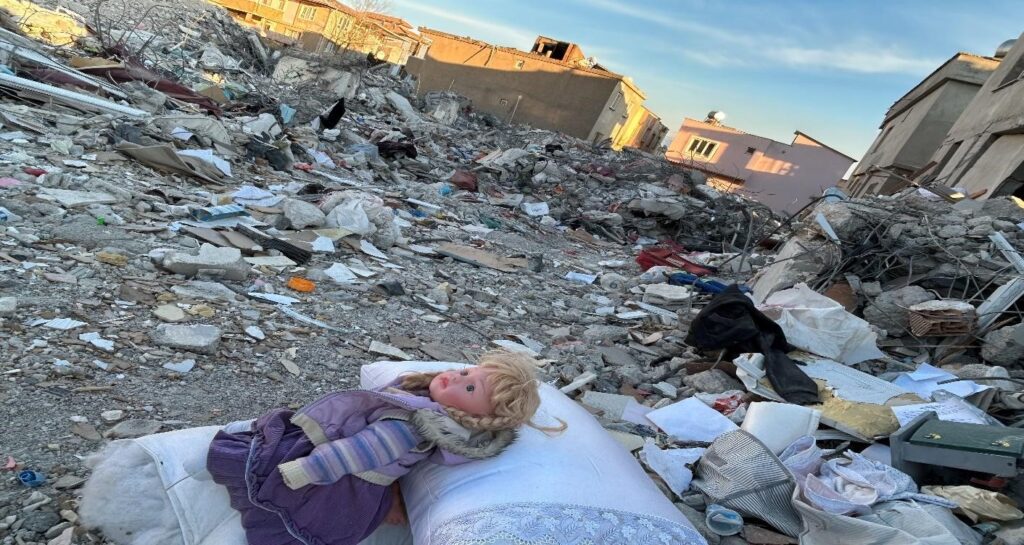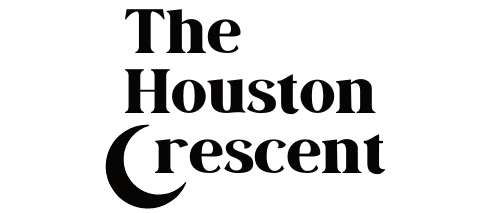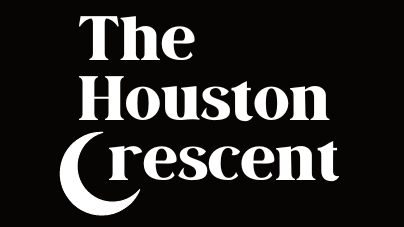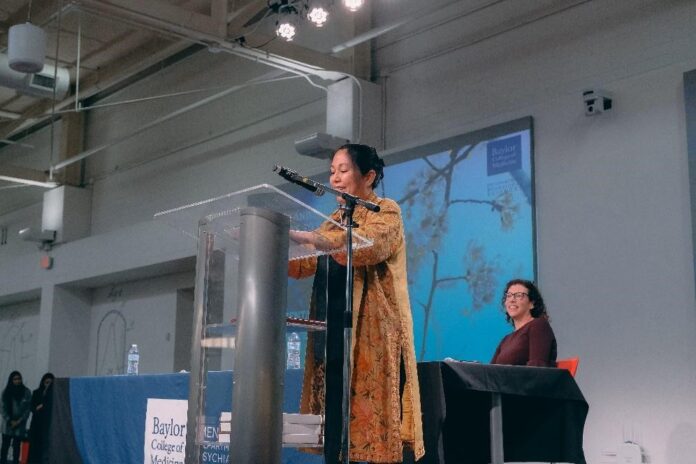Written by Zaara Khan
Introduction
Dr. Sophia Banu is a Muslim humanitarian who has dedicated her life to helping refugees and sharing her knowledge on countrywide disasters and wars. This article will give her recognition for her contribution to society and will also answer some questions readers may have about her.
Biography
Dr. Banu is a psychiatrist who was born in India, grew up in a small town called Darjeeling, at the foothills of the Himalayas, in a Tibetan Muslim family. Her parents and grandparents left Tibet when China invaded it in the 1940s. Tibetan Muslims make up only 5% of the Tibetan population, while the majority of them are Buddhists. She is one of seven siblings. She went to a convent school that was run by Catholic Irish nuns where she did her elementary and middle school education. After this, she went to a college called St. Josephs which was run by Jesuit Priests. Eventually, she applied for medical school and pursued her degree in medicine.
Questions
How do you feel about your alma-mater starting the pro-Palestinian encampments?
I did my psychiatry residency at St Luke’s Roosevelt Hospital under Columbia University; I was so proud of the students when I heard the news. You know I used to break my fast with the MSA students on the campus where the encampments were located. I think these students are so brave, they are risking everything that they worked so hard to get for the cause of Palestine. May Allah make them successful and hopefully they don’t suffer many losses because of what they believe in.
Who inspires you?
My family is my biggest inspiration, especially my mother. Despite her lack of educational background, she valued the importance of providing the best education for her children. When family members would inquire why she was spending so much money on our education, she would say, “The best gift I can give my children for the rest of their lives is their education because it is the most valuable thing that could never be taken away by anyone.”
What was it like seeing the condition of Turkey after the earthquakes and helping the people there?

What drew you this field? Why did you decide to work with refugees?
My mom and dad worked really hard and wanted at least one of us siblings to become a doctor, not because of the money, but because they wanted us to help the community. I think it was because they faced a lot of adversity when they moved to India and wanted their children to be able to help others who may face the same challenges. 2 of my younger sisters also became physicians. I became a psychiatrist because after I did my medical school, I went on vacation in Nepal. I met my friend who worked as a social worker with victims of rape and torture. She inspired me to join her cause. I went to meet her boss and he offered me the job. I had originally started as a medical doctor documenting cases of torture for Amnesty International. I came upon an opportunity to come to the United States to meet the people in the State Department. I later went on to complete my residency in the United States as a Psychiatrist in New York.
What can we do to help out the current situation in Gaza?
Spreading awareness on social media and educating yourself and others are the best ways to be active in creating a change in the world. It’s shocking how many people don’t know about the genocides happening, regardless of their educational status. The Crescent Newspaper is such a great initiative. My oldest child started accompanying me to refugee events when he was 8 years old and is now the photographer for all of the refugee events. My younger one is a member of the Refugee Advocacy club at his high school. It is important to teach your children from a young age and not shelter them so much. They should go to protests and lectures to gain awareness. You can also have your school start a chapter called Students for Refugees. Many schools such as Lamar, Carnegie, DeBakey, and Baylor College of Medicine have chapters. They go out into the community and work with refugees. These are some ways students can make a difference.
What is the moment that changed your perspective on life?
When I was in twelfth grade, I was on a flight from Kashmir to New Delhi that was hijacked. During that long terrifying ordeal, I said my last prayers and was ready to leave this world. Fortunately, the Black Cat commandos entered the plane and terminated the attempt, but I was still forever changed. I knew Allah had given me another opportunity at life and I had a purpose to achieve it.
What is your favorite part about what you do?
There are many things I love about what I do. I hear these amazing stories of people who’ve lost everything, and I see them getting better, getting their children in school, getting a job, and moving on. That is my favorite part about working with this population, they’re very resilient and strong. They want better lives for their children and themselves. The post-traumatic growth in people and their strength gives me strength. It makes me think about my life and stop complaining about mundane things. My other favorite part is getting to train my psychiatry resident medical students and child psychiatry fellows on how to work with refugees. I also teach them about cultural humility. You can gain the best part about a person’s culture and tradition from that person, not from a book, not from a documentary, but from the person that’s sitting in front of you.

Above: Dr Banu at trainings in Turkey and Syria

Below: Dr Banu Speaking at Annual Global Mental Health Meeting


